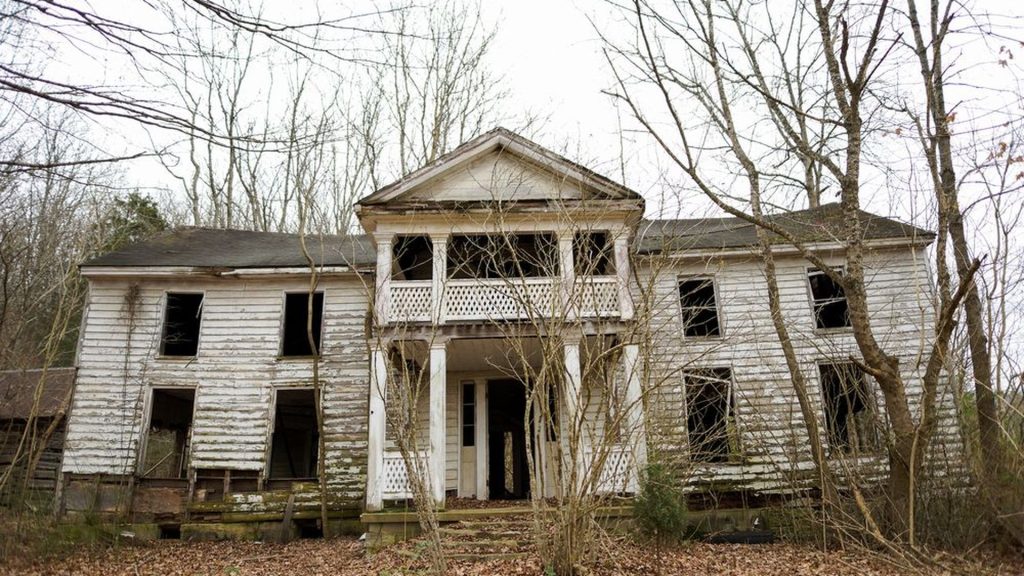
When rents rise and independent companies in Minneapolis lose their rental contracts to large national chains, a unique cooperative has found a solution.
After Evan Sallee had brewed at home for years, he and his partners of Fair State Brewing, Minnesota’s first beer cooperative owned by consumers, were finally ready to open a barn in Minneapolis. They needed a place where brewed, with a shop front that invited people off the street. This combination was difficult to find until they had a place on the Central Avenue in the northeast of the city.

At first they thought it wouldn’t work. The wooden floors would not wear heavy devices, and the back rooms were urgently needed. In their experience, such problems were dealing. But here the landlords of the rental to local entrepreneurs had given priority and would pay the necessary renovation work – also because they wanted to drink there themselves.
“Our entire goal in the creation was to make it a central hub for the community coming together,” said Sallee.
The building was not kept by absent downlets or distant developers, but by around 200 locals who had the property together. They are part of the Northeast Investment Cooperative (Neic), a unique cooperative in the United States that bundles the money of the members to invest in commercial real estate. They share profits, decision -making and the rewards of the community, among other things, to have shops in local property in their neighborhood that they want.
All over the country, real estate values have increased with a new interest in urban life – a trend that has created lucrative new markets for developers. When rental costs rise, local companies are often closed and deeply rooted residents are sold. The resulting turnover has changed the character of many districts.
The northeast is a long -standing goal for immigrants from the working class. He is still littered with East Orthodox churches and the large sleeve of grain, which once drove the city’s industry. Many people who grew up here still live here. “There was much more feeling of location,” said Seth Stattmiller, owner of the recovery bike shop, and compared it to the neighborhood in which his previous store was. “People are here for their lives.”








